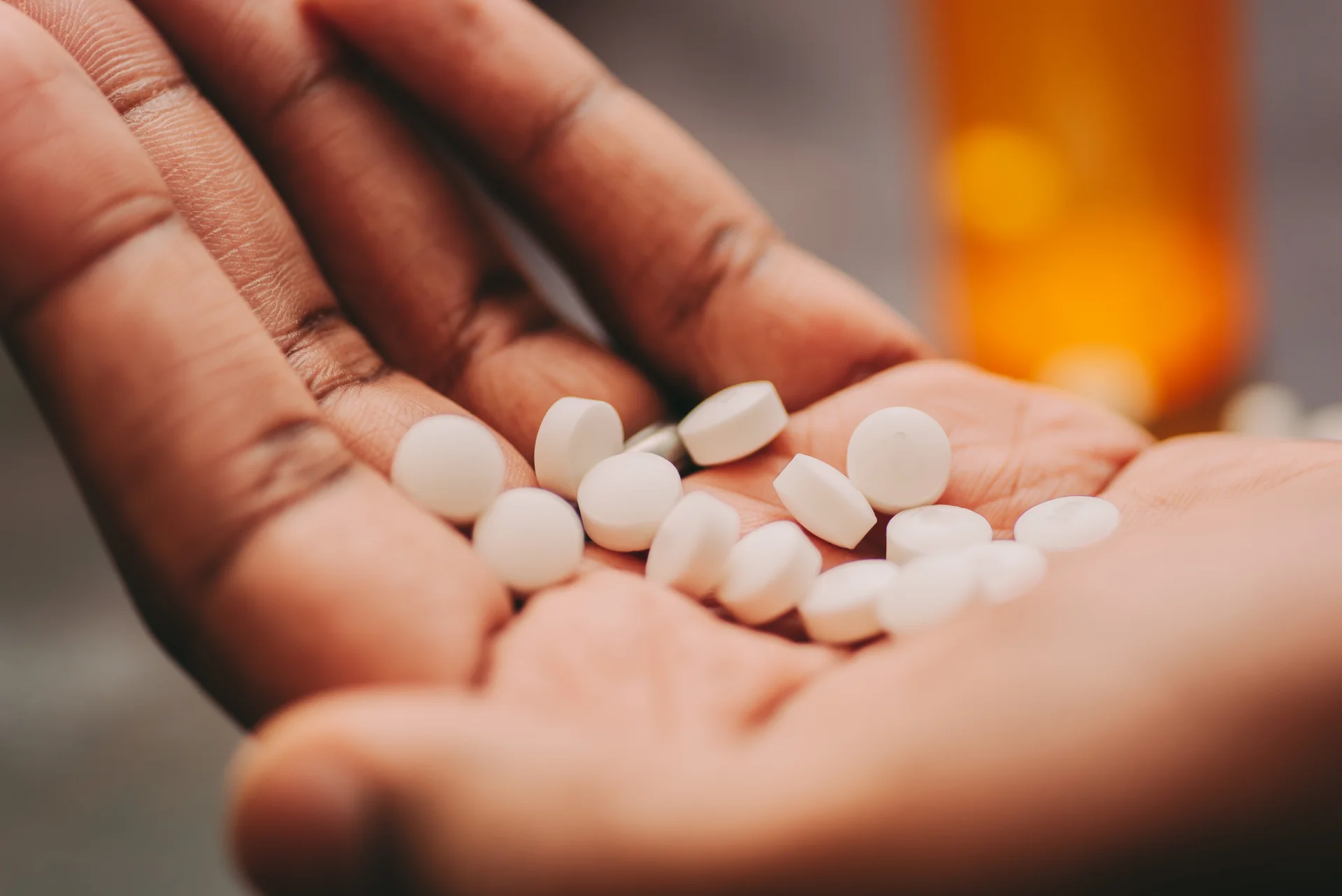Zoloft Addiction Treatment in Long Island
Clear, stigma-free guidance on Zoloft (sertraline) use, side effects, dependence and withdrawal, safer tapering, evidence-based treatment pathways in Long Island, and how a connector service matches you to vetted, person-centered programs.
Covered by most insurance plans
Available to help you 24/7
Table of Contents

How Sertraline Works and Typical Use
Sertraline is usually taken once daily. Early benefits may be noticed within a few weeks while fuller therapeutic effect commonly builds over 4 to 6 weeks and can continue thereafter. When clinically indicated, treatment may continue for months to years followed by a planned taper under prescriber guidance.
Common and Serious Side Effects
- Common and often short lived Nausea, diarrhea, upset stomach, sweating, dizziness, drowsiness or insomnia, decreased appetite, headache.
- Less common but important Easy bruising or bleeding, sexual side effects, tremor, muscle cramps or weakness, unexpected weight change.
- Seek urgent care for black or tarry stools, coffee ground vomit, rapid or irregular heartbeat, new vision changes, chest pain, or fainting.
- Serotonin syndrome is rare but an emergency Watch for agitation, hallucinations, fever, shivering, muscle rigidity, diarrhea, and fast heart rate, especially when combined with other serotonergic agents or interacting drugs.
Dependence Versus Addiction
Sertraline is not addictive in the way nicotine, alcohol, or stimulants are. It does not typically cause euphoria or compulsive drug seeking. The brain can still become physiologically dependent on steady SSRI effects. Stopping suddenly may lead to antidepressant discontinuation syndrome, which reflects rapid neurochemical change rather than addiction.
Withdrawal and Discontinuation
About one in five people who stop an antidepressant experience withdrawal like symptoms. These often begin within 1 to 3 days of dose reduction and last 1 to 3 weeks. Common symptoms include sleep disturbance and vivid dreams, electric shock sensations, dizziness, nausea, flu like aches, irritability or anxiety, and a return or flare of depressive symptoms.
Safer plan Work with a prescriber on a gradual taper that can span weeks to months. Adjust pace based on symptoms. Consider cross titration strategies if switching medications. Maintain a consistent dosing time. Do not double up after a missed dose. Avoid alcohol or recreational drugs during dose changes.
Misuse Patterns and Overdose
Most people take sertraline as directed. Misuse patterns such as taking more than prescribed, combining with substances to try to boost effects, or manipulating tablets to snort are unsafe and increase side effect burden and interaction risks. Overdose is uncommon and often self limited with symptoms like nausea, dizziness, tremor, or sedation. Severe cases can involve serotonin syndrome, seizures, or arrhythmia and warrant emergency care.
How Long Should You Stay on Zoloft
General guidance is to continue for the current episode plus a consolidation period that often spans 6 to 12 months after remission. Longer maintenance may be advised for recurrent or severe illness. Any discontinuation should be planned and tapered with clinical oversight.
Treatment Options on Long Island
If you are facing sertraline misuse, difficult withdrawal, or co occurring substance use, stepped care options are available locally:
- Outpatient care Medication management for taper optimization and interaction review, psychotherapy such as CBT or DBT skills, exposure and response prevention for OCD, and relapse prevention planning.
- Intensive Outpatient and Partial Hospitalization Daytime structured therapy for mood and anxiety stabilization, adherence support, and safe monitoring during medication changes.
- Residential or inpatient Twenty four hour support for complex co occurring disorders, high suicide risk, severe functional impairment, or polysubstance use.
Evidence Based Therapies That Help
- Cognitive Behavioral Therapy Restructures negative thought patterns and builds behavioral activation and relapse prevention skills.
- Dialectical Behavior Therapy skills Emotion regulation and distress tolerance that are useful during taper or when urges to overuse medication emerge.
- Exposure and Response Prevention for OCD Reduces compulsions while optimizing medication.
- Motivational interviewing Resolves ambivalence around adherence or discontinuation goals.
- Group and family support Accountability, communication skills, and practical coping strategies.
Practical Harm Reduction and Safety Tips
- Use one prescriber and one pharmacy. Disclose all medications and supplements including St. John’s wort, triptans, and MAOIs.
- Taper slowly. Track sleep, mood, anxiety, gastrointestinal symptoms, and zaps in a simple log.
- Address sleep with non sedating strategies such as CBT I, a consistent schedule, light activity, and caffeine timing.
- Create a written safety plan for mood relapse or severe withdrawal that includes who to call and where to go.

Find Help on Long Island
Recovery is challenging and achievable. Matching clinical needs, level of care, and personal preferences can make a meaningful difference. Long Island Addiction Resources connects you with vetted programs across levels of care including medical detox, residential treatment, partial hospitalization, intensive outpatient, standard outpatient, and recovery housing.
Start today
If you or a loved one are ready to end your alcohol and drug use, there are many recovery options available near you in Long Island
Rehab Programs
Are you ready to take back control over your life?
Making the decision to seek help is one of the hardest and bravest steps you can take. We know that the recovery process is not always easy—there may be challenges along the way—but every step forward brings you closer to a life free from the weight of addiction.
Let today be
your Day 1
We'll get on a call, assess your health history, and verify your insurance. Today is Day 1. We can't wait to celebrate Day 1000 with you!
Fill out this simple form and we’ll call you right back.
Frequently Asked Questions
We'll get on a call, assess your health history, and verify your insurance. Today is Day 1. We can't wait to celebrate Day 1000 with you!
Is Zoloft actually addictive?
Not in the classic sense (euphoria/craving). However, your nervous system can become dependent on its effects, so abrupt stopping may cause discontinuation symptoms.
How long should I taper off sertraline?
It varies often weeks to months. The pace should be personalized and adjusted based on symptoms; slower is safer if you’ve had prior withdrawal issues.
Can I drink alcohol while on Zoloft or during a taper?
It’s best to avoid alcohol; it can worsen mood/anxiety, impair sleep, and complicate side effects and judgment during dose changes.
What if my symptoms return during the taper?
Pause or slow the taper and consult your prescriber. Short-term dose adjustments, psychotherapy support, or cross-titration may help.
How do I find the right Long Island program for me?
Start with a clinical assessment. Then match severity, safety risks, and personal preferences to the appropriate level of care. A connector service can shortlist vetted, evidence-based options aligned with your goals and insurance.














